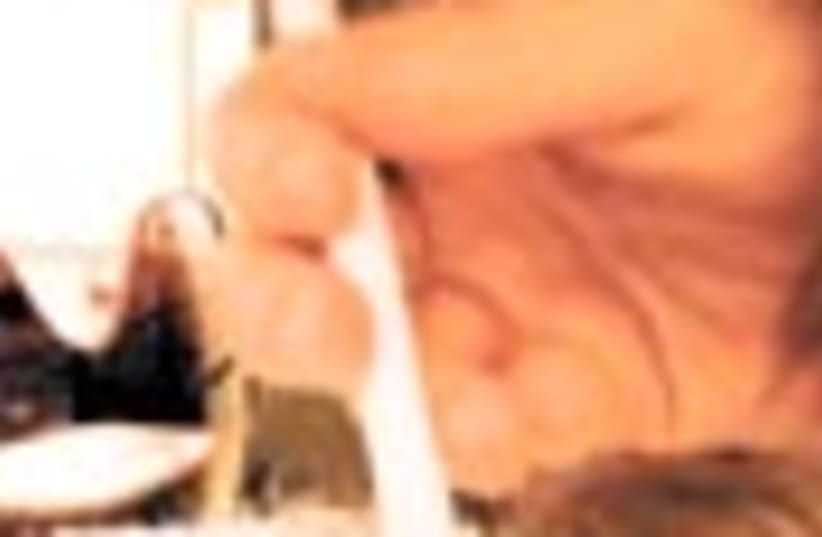| More about: | Raphael Mechoulam, World Health Organization, Hebrew University of Jerusalem, South America |
Highs and lows
Drug abuse is a national concern among all social strata.


| More about: | Raphael Mechoulam, World Health Organization, Hebrew University of Jerusalem, South America |